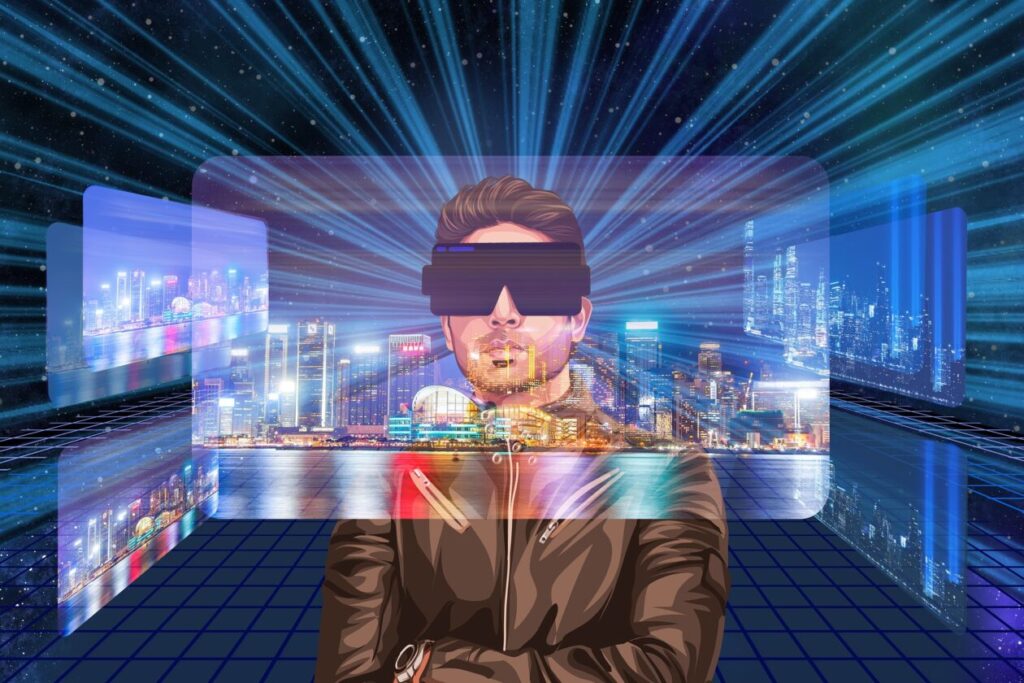
In recent years, we’ve witnessed a remarkable evolution in technology, driving us ever closer to a digital and virtual world. From the rise of the internet to the emergence of virtual reality (VR) and augmented reality (AR), humanity is on a transformative journey unlike any before. Let’s delve into the intricacies of this journey and explore the key milestones shaping our digital future.
1. The Internet Revolution: The internet revolutionized the way we connect, communicate, and conduct business. With the advent of the World Wide Web, information became instantly accessible, breaking down geographical barriers and fostering global connectivity. From e-commerce to social media, the internet reshaped entire industries and laid the groundwork for our digital existence.
2. The Rise of Virtual and Augmented Reality: Virtual reality (VR) and augmented reality (AR) represent the next frontier in human-computer interaction. VR immerses users in fully simulated environments, enabling experiences ranging from gaming to virtual meetings and training simulations. AR overlays digital information onto the real world, enhancing our perception and interaction with our surroundings. Together, VR and AR blur the lines between the physical and digital realms, offering unprecedented possibilities for entertainment, education, and productivity.
3. The Metaverse: The concept of the metaverse—a collective virtual space encompassing all virtual worlds, augmented reality, and the internet—has captured the imagination of technologists and visionaries alike. In the metaverse, users can interact, socialize, work, and play in a seamless digital environment. While the metaverse is still in its infancy, initiatives like virtual worlds, blockchain-based platforms, and immersive experiences lay the groundwork for its realization, promising to revolutionize how we live, work, and connect in the digital age.
4. NFTs and Digital Ownership: Non-fungible tokens (NFTs) have emerged as a revolutionary technology, enabling the creation, ownership, and trading of unique digital assets. From digital art to virtual real estate, NFTs represent a new paradigm of digital ownership, empowering creators and collectors to monetize and showcase their work in unprecedented ways. While NFTs have garnered significant attention and investment, their long-term viability and impact on the digital landscape remain subjects of debate and exploration.
5. Artificial Intelligence (AI) and Automation: Artificial intelligence (AI) is rapidly transforming every aspect of our lives, from personalized recommendations and predictive analytics to autonomous vehicles and smart cities. As AI technologies continue to advance, they hold the potential to revolutionize industries, optimize processes, and address some of humanity’s most pressing challenges. From healthcare to finance, AI is poised to drive innovation and reshape the future of work and society.
In conclusion, our journey toward a digital and virtual world is marked by innovation, exploration, and limitless possibilities. From the internet to virtual reality, NFTs, and artificial intelligence, technology continues to redefine the way we live, work, and interact with the world around us. As we navigate this evolving landscape, it’s crucial to embrace the transformative potential of technology while addressing its challenges and ensuring inclusivity, accessibility, and ethical considerations guide our path forward.